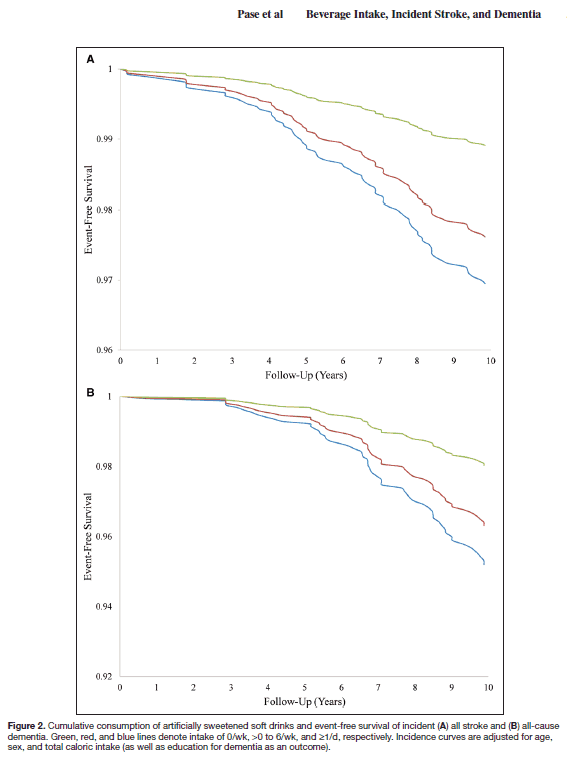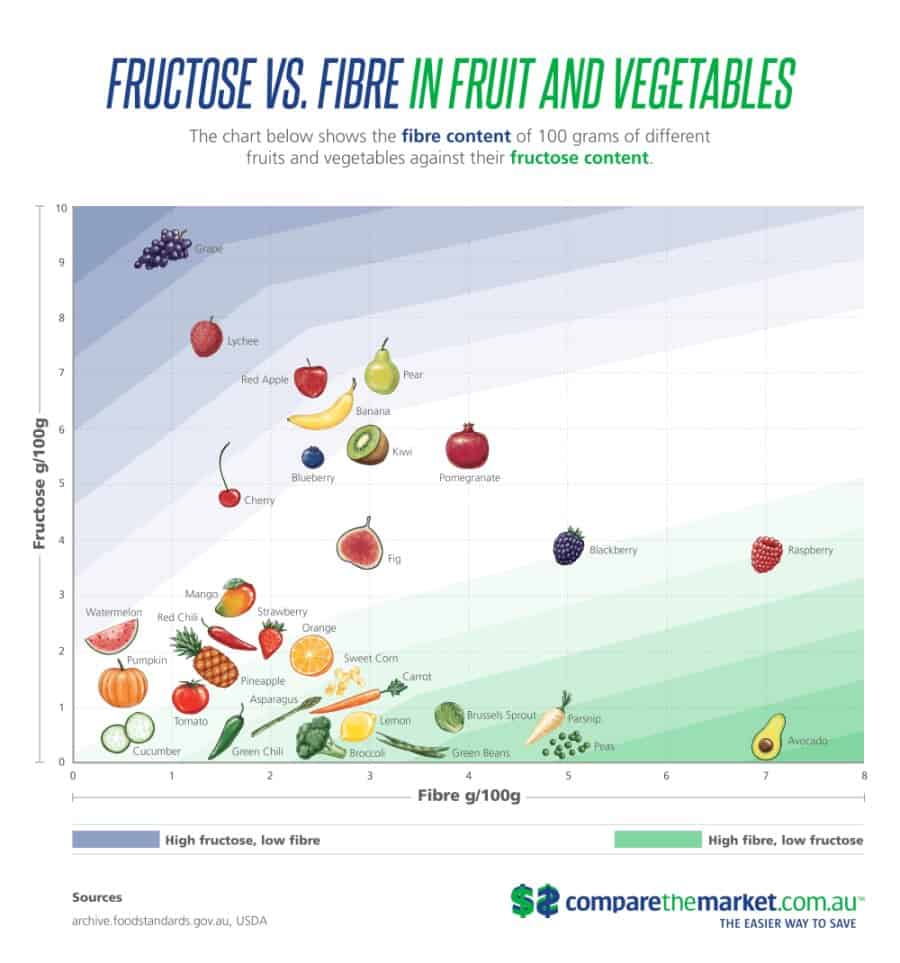Alzheimer’s: The Critical Role of Dependence Receptors and Why Taking Supplements Is Such A Good Idea
Alzheimer’s is often described as a disease of progressive plaque formation and of neurofibrillary tangles in the brain, but long before the first plaque forms, a little known cellular process plays a crucial role. That process involves a discovery in 1992 of something called a dependence receptor whose role in Alzheimer’s and other diseases is now fully proven, yet little known outside the high priesthood of research. The discovery, not even 30 years ago, of the first dependence receptor pulled back the curtains on a process with profound implications for our understanding of how Alzheimer’s begins and progresses. That said, you will be forgiven if the title didn’t tip you off to the groundbreaking discovery inside. “Induction of apoptosis by the low-affinity NGF receptor” appeared in the journal Science in July 1993 and while the idea of a receptor certainly wasn’t new, the manner in which this receptor functions was completely different. Note – Even though the article was published 2 years after the breakup of the Soviet Union you still can’t read it for free.
Receptors before 1992
Cells constantly monitor their internal […]


